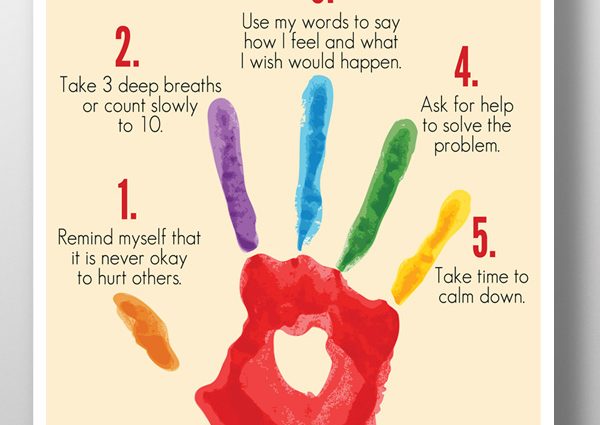ינהאַלט
It happens that emotions literally overwhelm us, we lose control over them (and therefore over ourselves) and rush at full speed to emotional reefs. We share techniques that will help you get back at the helm.
Anger, horror, anxiety, mental pain, bitterness of loss, longing for the lost, sadness — these and many other feelings can manifest themselves with extraordinary force, paralyzing you. Maybe you wake up with one of these feelings, or it keeps you awake, prevents you from making an important decision, or you have to constantly fuss to get away from it. In all cases, strong experiences subdue life.
Feelings can be not only our friends, but also our worst enemies.
Many grew up in families where it was customary to belittle or ignore the importance of emotions, to neglect the emotional needs of the child. If feelings were not openly discussed, we had no opportunity to learn how to deal with them and respond appropriately to them.
Because of this, in adulthood, many are prone to emotional problems: either all feelings are dulled, or, on the contrary, an emotional storm periodically flares up, which is difficult to cope with.
פארוואס טאָן מיר דאַרפֿן ימאָושאַנז?
They are given to us for a reason, with their help the body sends us certain signals. If we use them correctly, they give us important information, guide, motivate and energize.
By performing these important functions, emotions have a huge impact on us.
But this power can become our enemy. For example, sometimes we direct anger, which is supposed to help protect us, inward, and it begins to harm us. The bitterness of loss, which should help us leave the past in the past and move on, can be driven deep and begin to eat away at us from the inside. Anxiety, which should help prepare for difficulties, makes us avoid them.
If it seems that feelings deprive you of strength, prevent you from achieving your goals, then you are treating them incorrectly or responding to them inadequately. Here are a few strategies that will help both those who once faced serious emotional problems, and those who have them constantly.
Strategies for dealing with strong emotions
1. Describe the experience on paper
Few other than psychotherapists know that the only way to deal with emotions is to allow yourself to feel them. First, write down your experiences on paper. If you are tormented by strong feelings, it’s time to take a pen and paper (you can also print on a computer, but the therapeutic effect is not the same) and start writing down everything that comes to mind. Allow yourself to splash or cry out emotions on paper for as long as necessary. After that, remove the notes and try to distract yourself.
When you tell others about your experiences, something incredible happens. Emotional connection with loved ones heals. To say, “I’m very sad today” and talk about your feelings, you have to “get” deep feelings, and this helps.
3. פּראַקטיס קלערן
Strong feelings seem to take control of the brain, and we cease to control ourselves. At such moments, thoughts either run in a stream, or become negative and chaotic. Meditation is a way to take back control of the brain. If in especially difficult moments you stop running away from feelings, and sit quietly and focus on what is happening inside you, you can find peace again.
4. Work out your feelings
This is the main skill for managing emotions. It includes all of the above. To do this, you just need to be with feelings, understand what exactly you are experiencing and why and what emotions want to tell you. Describing your feelings, talking about them and meditating, you do what your emotional sphere needs. You no longer just listen to your experiences, but take control of them, and this is the best way to deprive them of power over your life.
Strong feelings are not a sign of weakness. On the contrary, they show your ability to feel. It is only important to focus the current flow of emotions inside and direct it to your advantage.
About the Author: Jonis Webb is a clinical psychologist, psychotherapist, and author of The Persistent Emptiness: How to Cope with Children’s Emotional Indifference.










